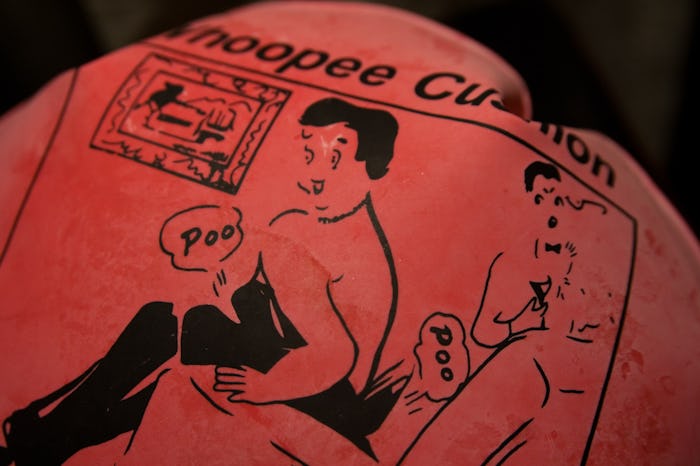Being a lover of pranks, I'm not slow in admitting that April Fools' Day is my jam. Even if you don't share in my love of tomfoolery, you have to agree that having an annual excuse to play innocent jokes on people is a pretty sweet concept for a holiday. And although we have been happily enjoying the silliness that comes with April 1 for years, have you ever wondered why we celebrate April Fools' Day in the in first place?
This holiday is unique in the fact that it's roots are not easily traced. Unlike other yearly celebrations that have origin stories and rich histories to draw from, April Fools' Day can only be linked to a few theories. Although these theories have been widely accepted over the years, the stories vary in their genesis, with the only common thread being making a fool of others.
Though this day has been observed on April 1 for centuries, the holiday also goes by All Fools' Day, which is a nod to the possibility that the holiday did not originate in April. However, the most common folklore relates to the French calendar being changed in 1582, from a new year beginning on April 1 to January 1 — and it seemed the joke was on those who didn't get the ye olde memo. "People who were slow to get the news or failed to recognize that the start of the new year had moved to January 1 and continued to celebrate it during the last week of March through April 1 became the butt of jokes and hoaxes," according to the History Channel's website. "These included having paper fish placed on their backs and being referred to as “poisson d’avril” (April fish), said to symbolize a young, easily caught fish and a gullible person."
But just because this theory is the most accepted, doesn't mean it's infallible. As Alex Boese, curator of the Museum of Hoaxes in San Diego, California told National Geographic, the French theory is,"completely wrong, because the day that the French celebrated the beginning of the year legally was Easter day, so it never really was associated with April first." While this argument does make a good point about the validity of the French origin, there is more juicy history gossip about April Fools' Day and how it began.
According to Encyclopaedia Brittanica's website, April Fools' Day mimics holidays from more than one culture, and therefore cannot only be linked to the French calendar theory. Both the ancient Roman festival of Hilaria (March 25) and the Indian tradition of Holi (March 31) share the premise of All Fools' Day. In both countries, this day is marked by sending others on "fools' errands," although it is all in good fun. Meanwhile in Scotland, the day is called Gowkie Day, named after the gowk, which is a symbol of a fool.
With so many different possibilities of how this holiday came to be, it seems like — true to April Fools' Day form — the joke is on us. Because never truly knowing where, why, or how this tradition started, is definitely the ultimate prank.
